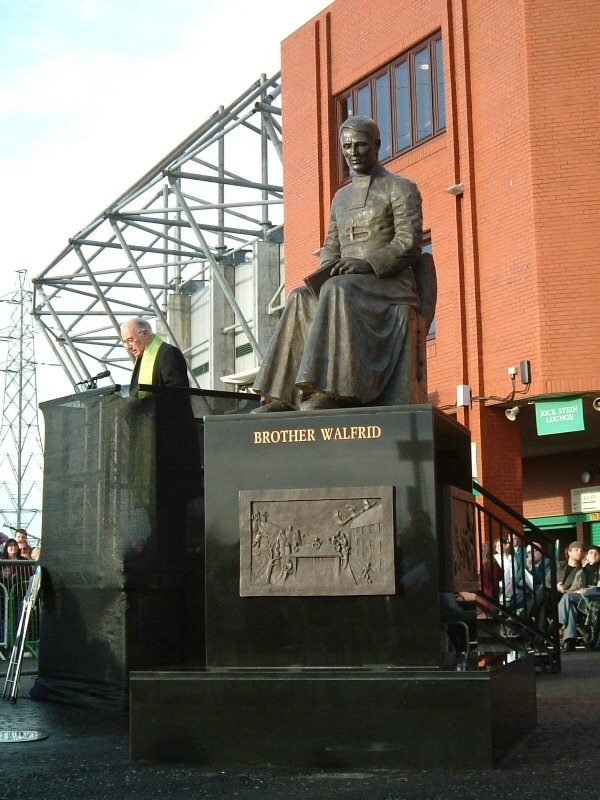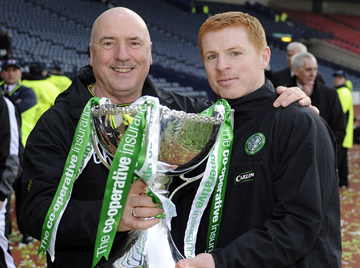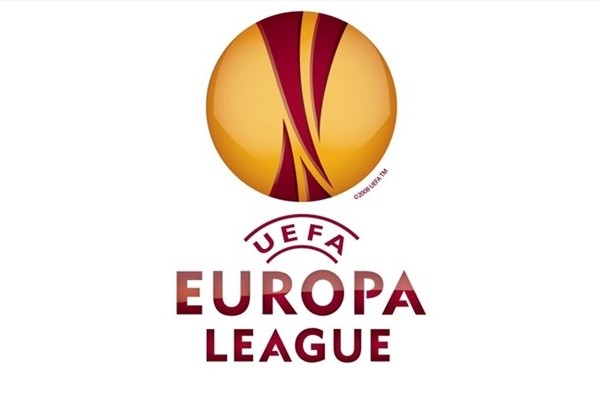The thread set off on a tangent with contributions for and against Eddie’s idea and some people expressing extreme opinions based on perception rather than fact concerning SCIAF and their work in the underdeveloped world.
I took no further part in this debate since it smacked of two deaf men shouting at each other, but my attention was caught by one poster who said:
“Lachiemor prattling on about Catholicism and Celtic!! Some things never change.’’
Apart from the fact that in my post I never mentioned Catholicism or Celtic per se, deliberately focusing on SCIAF and their work and whether or not their name would embarrass the Hoops, the subsequent discussion left me wondering exactly what sort of club people think Celtic is.
It is obvious that we now live in an age of increasing secularism where Faith communities of every sort are seen as swimming against the popular tide. In our own small world where a football team holds greater importance than perhaps it should, there are some who for whatever reason – ideological, personal or whatever, would gladly perceive Celtic as an organization wholly rooted in the secular world.
I am happy that Celtic is viewed as an inclusive club. I welcome the fact that we have fans from every race and nation and from every cultural background imaginable. But I will not accept the attempts that some people make to airbrush our origins and to present us as this cheery Irish club who happen to play their football in Scotland.
I was tempted to reply to the above mentioned poster and simply say ‘If you know your History’, but for the benefit of those who do not, one or two reminders maybe in order.
“The circular announcing the inception declared that ‘the main object of the club is to supply the east end conferences of the St. Vincent de Paul Society with funds for the maintenance of the ‘dinner tables’ of our needy children in the mission of St. Mary’s, Sacred Heart and St. Michael’s”
The Celtic Story – James E. Handley
We learn that the efforts which have lately been made to organize in Glasgow a first class Catholic football club have been successfully consummated by the formation of the ‘Glasgow Celtic Football and Athletic Club’ under influential auspices. They have secured a six acre ground in the east end which they mean to put in fine order. We wish the Celts all success. (29.11.1887)
The Scottish Umpire
If proof were needed that Catholicism is part of Celtic’s DNA then an examination of the history will provide all that is required. What is strange is that anyone – whatever their beliefs or motivation will try to deny that this is the truth.
We can dress up in the other aspects of the founding fathers, their ethnic origin, their desire for freedom from oppression, but Catholic they were and that is how the club was viewed at home and abroad for over a century.
Some would downplay this link, because to embrace it is somehow seen as a cause of sectarianism.
In the beginning this was not how things were. As is well known Celtic’s first match was against Rangers and as has been well recorded the Celts triumphed by 5-2. The record goes on however to describe the aftermath:
After the game both teams retired to St. Mary’s Hall, East Rose Street, where they were entertained to supper. Toasting and music filled the evening for the company of seventy and according to a contemporary account, ‘the proceedings were of the happiest character’.
The Celtic Story – James E. Handley
The tribalism and bitterness which marks this fixture today is a consequence of societal changes which affected the Rangers following in the early years of the 20th century, and the hardening of attitudes which embraced both these communities as a consequence of the Irish struggle for self determination.
What is unarguable is that until relatively recent times, Celtic was regarded by its own community, and is still seen today by many of our opponents, as a Catholic Club.
This was not a problem for the many great servants of Celtic F.C. who did not share these religious beliefs. To recite the names of our heroes who were of the reformed faith, or none at all, would be almost like a litany.
On the Celtic Story video, produced for the Centenary, Jock Stein talks about his reasons for staying at Celtic Park despite offers from other clubs. Tellingly he says that amongst his reasons for staying was the fact that he liked the people who supported the club, he wanted to bring them success and he was arrogant enough to believe that as long as he was there, success would be a given.
Stein was under no illusions of whom he was talking. He had been effectively shunned by many in his own community when he signed for the Celtic, but he found a warm welcome in a new family who asked only that he did his best for the Hoops. That he understood the deeper nuances of life in the Scottish game is evidenced by his distaste for the BBC in his early years as boss. His challenge to Archie McPherson about the number of Catholics employed at that august body is a matter of record.
As manager he facilitated the attendance at Mass of the players who were so inclined when the team was on the road and his support of Catholic charities is further evidence of his acceptance by the Celtic family in all its shades.
It is to a certain degree ironic that the shift away from outright espousal of the Catholic faith by the club came during the reign of a devout Catholic, in that Fergus McCann recognised the times we live in and the need to be more overt in our embrace of a wider Celtic than had been the case hitherto.
It can be argued that Fergus knew the value of every ‘thin dime’ and that his decisions were more pragmatic than philosophical, but they were needed for a modern Celtic to emerge.
Whether he ever thought that we would enter an age where our roots were denied and decried by some of our own, in a manner more appropriate to Follow, Follow is a moot point.
Celtic’s support for Catholic charities was never an issue until recent times. In the debate about SCIAF some pointed out that Ally McCoist had done sterling work to promote the Lenten appeal and it was argued that this in some way made it a legitimate candidate for our support. The fact is that Tommy Burns was an even greater supporter of SCIAF and was a regular conduit for our community to support the charity.
I may be imagining things but I sense that in the passing of Tommy Burns, there has been a seismic shift in Celtic’s relationship with the Catholic faith. It is almost as if a slightly embarrassing but much loved uncle had died, and that while we will miss him greatly and speak of him with fondness and reverence, that much that he stood for, the example that he gave in his life, no longer resonates or has any influence over us.
This is clearly not universally true. A significant part of the Celtic support still comes from that community of faith which gave the club its birth, but the influence of that community on decisions taken by the PLC has greatly waned. Where they have to, or ought to, – for example in the unveiling of the Brother Walfrid statue – the Church would be recognised and given its place, but it was easier and less controversial in the wider world to embrace OXFAM as a charitable object than to offer support to SCIAF – this despite the fact that OXFAM’s operating costs – unlike SCIAF’s – outweigh the amount of money that reach the desired target.
I accept that my views on this are out of step with many who follow the Hoops these days. However like the Old Testament prophets, my occasional task is to tell the truth to the community, whether they like it or not, even when it sounds to some ears like ‘prattling’.
As a footnote – there used to be a paper seller who stood at Bridgeton Cross, and whose occasional cry on a Saturday night was ‘Defeat of the Kafflicks’. Let us hope that his 21st century successor does not have reason for this chant on Monday morning.





